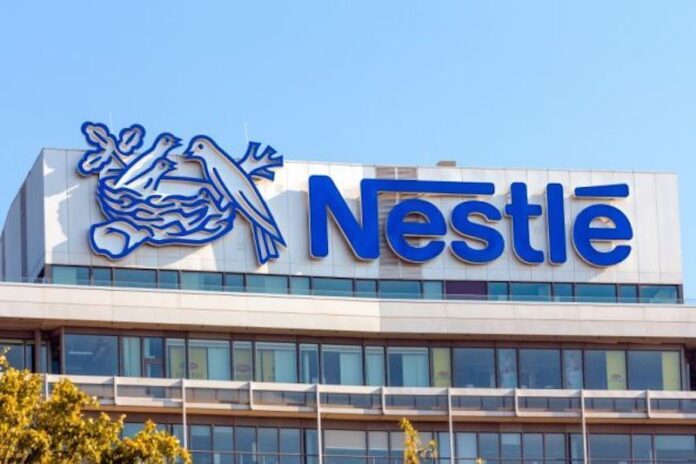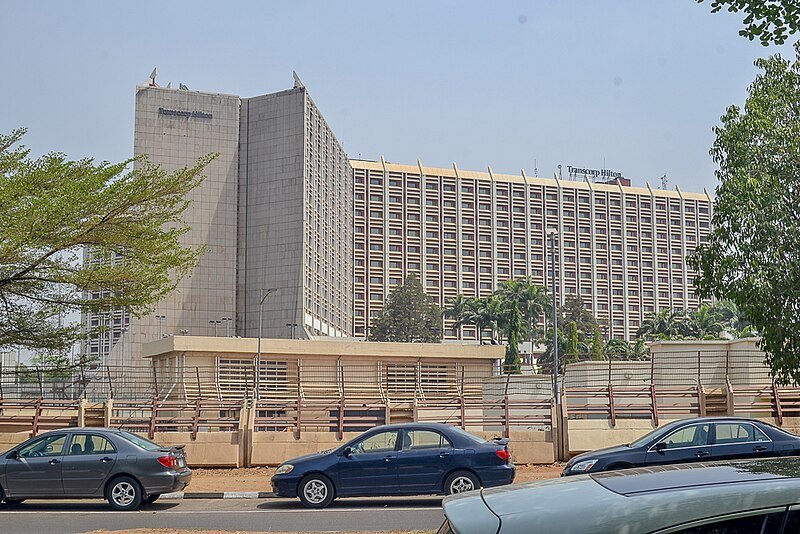Nestle Nigeria Plc has started 2025 on a high note. The company made a pre-tax profit of ₦51.15 billion in the first quarter (Q1), turning things around from a huge loss of ₦196.09 billion in Q1 2024.
It also reported a post-tax profit of ₦30.18 billion. That’s a 121% increase compared to the same period last year.
Nestle had already returned to profit in the last quarter of 2024. Now it’s keeping that momentum going into 2025.
“Our team remains focused on delivering value to consumers and improving operational efficiency,” a company official said.
Sales Growth and Lower Exchange Losses Help Nestle
The company made more money in Q1 2025 mainly because sales grew faster than the cost of making its products. This helped Nestle earn more from each sale, even though its spending on marketing and operations also went up.
Operating profit more than doubled compared to last year.
Nestle also avoided the kind of exchange rate losses that badly affected its results in 2024. Back then, it lost ₦191.67 billion due to the naira’s fall and revaluation of its foreign currency loans. But in Q1 2025, that figure dropped to just ₦163 million.
This big cut in finance costs played a major role in the company’s improved earnings.
Earnings per share also more than doubled, which means investors are now getting better returns on their shares.
The company’s share price has jumped by 25.7% so far this year. That’s a huge improvement from the 20.25% drop during the same period in 2024.
Nestle Nigeria, a subsidiary of Nestlé S.A. in Switzerland, makes and sells food and drinks like Milo, Maggi, Cerelac, Golden Morn, and Nescafé in Nigeria. It has been one of the top-performing consumer goods firms in the country despite the tough economic climate.
“We’re optimistic about the rest of the year, but we’ll keep watching inflation and forex pressures,” said another senior company executive.
What This Means for Nigeria’s Business Climate
Nestle’s rebound could be a good sign for other companies trying to manage the effects of naira devaluation and inflation.
Nigeria’s inflation rate has remained above 30% in recent months, and the exchange rate has been unstable since the Central Bank of Nigeria removed the currency peg in mid-2023.
Even so, Nestle’s improved results show that strong brand loyalty and smart financial planning can help companies survive and grow in difficult times.
Like 👍, Comment, share this article, and Follow us on our social media handles.








